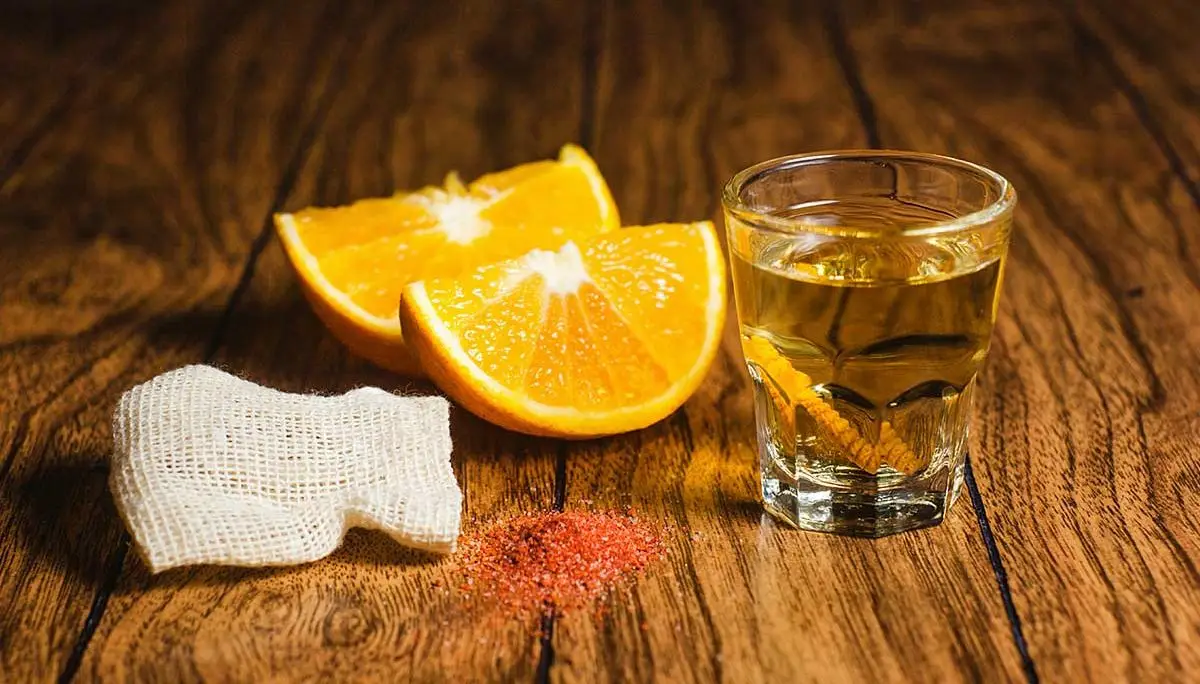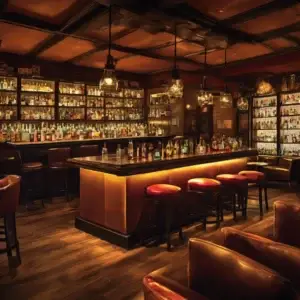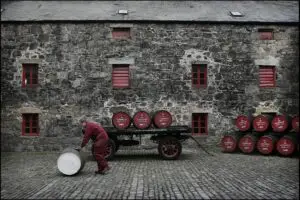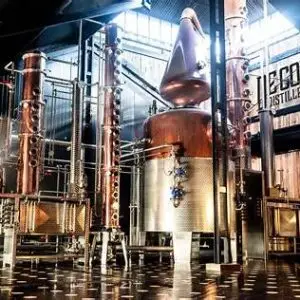Long before it became a favorite of bartenders in trendy cocktail bars around the world, mezcal was — and still is — the lifeblood of rural Mexican communities. Far more than just a drink, mezcal is deeply woven into the cultural, spiritual, and agricultural traditions of the countryside, particularly in Oaxaca, its spiritual heartland. And the stories that surround it are as smoky and rich as the spirit itself.
For generations, mezcal has been produced by hand in small palenques (distilleries) using methods passed down through families. It begins with the agave plant, often called maguey, which can take up to 30 years to mature. Farmers, or maestros mezcaleros, often know each plant personally, walking their fields with the same reverence a winemaker might show a prized vineyard. When the time is right, the agave is harvested and roasted in underground pits lined with volcanic rock, giving mezcal its signature smoky flavor — a process as ancient as the Zapotec pyramids nearby.
One local legend tells of the first mezcal being a “gift from the gods,” created when a lightning bolt struck an agave plant, cooking it from the inside. This divine origin story lives on in mezcal’s nickname: el elixir del rayo — the elixir of lightning. It’s not just folklore; for many rural Mexicans, mezcal carries spiritual significance. It’s consumed during births, weddings, funerals, and religious festivals — always accompanied by the phrase “para todo mal, mezcal, y para todo bien, también” (“for everything bad, mezcal, and for everything good, too”).
But mezcal is also a symbol of resilience. During colonial times, it was made in secret, hidden from Spanish authorities who imposed restrictions to protect European imports. In modern times, it has survived waves of industrialization and economic hardship, largely because of the tenacity of rural producers who refused to compromise on tradition.
Even the infamous “worm” — actually a larva — sometimes found in bottles, is part of mezcal lore. While often dismissed as a marketing gimmick, it’s rooted in rural practices where the worm was believed to test the strength and purity of the spirit. In truth, most traditional producers never used it — but they’ll smile knowingly when tourists ask about it.
Today, as mezcal gains international acclaim, there is a renewed effort to honor and protect its cultural roots. Organizations and producers are working together to ensure that growth does not come at the expense of the traditions and communities that gave mezcal its soul.
So, the next time you sip mezcal, think not just of the smoky notes or wild agave — but of the stories, the hands, and the earth behind it. Let it be your invitation to explore the deep cultural roots of Mexico’s most mystical spirit.



